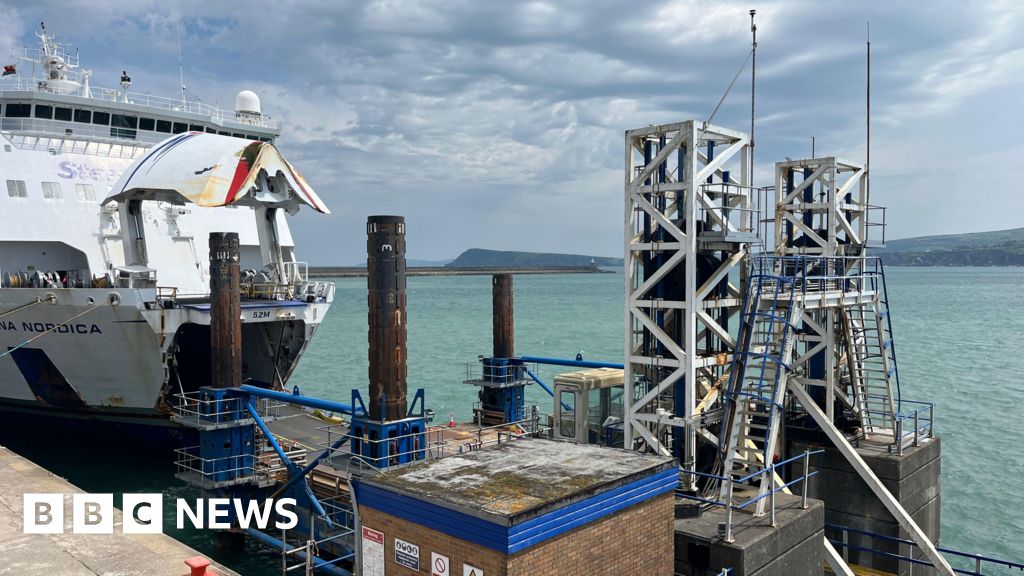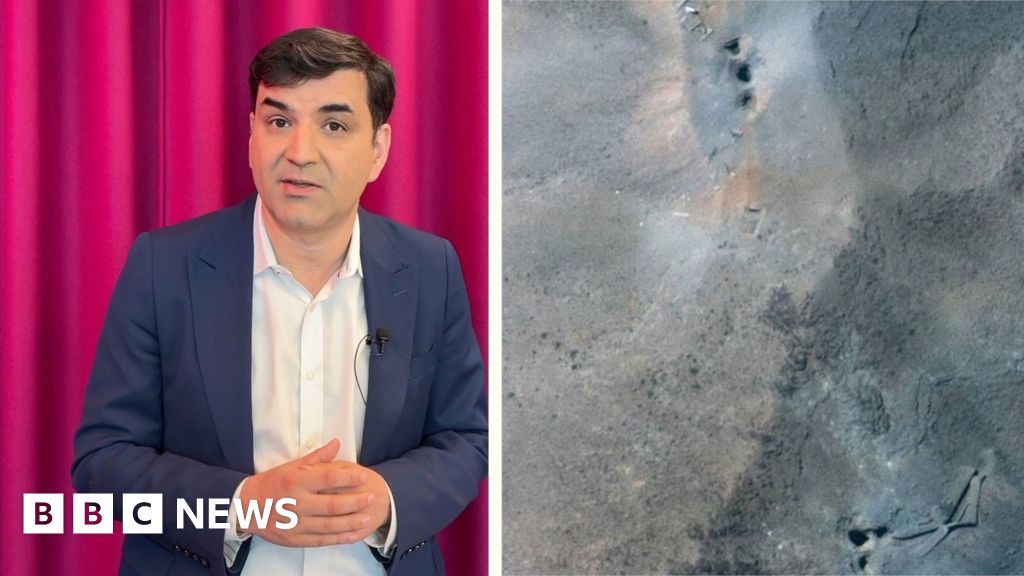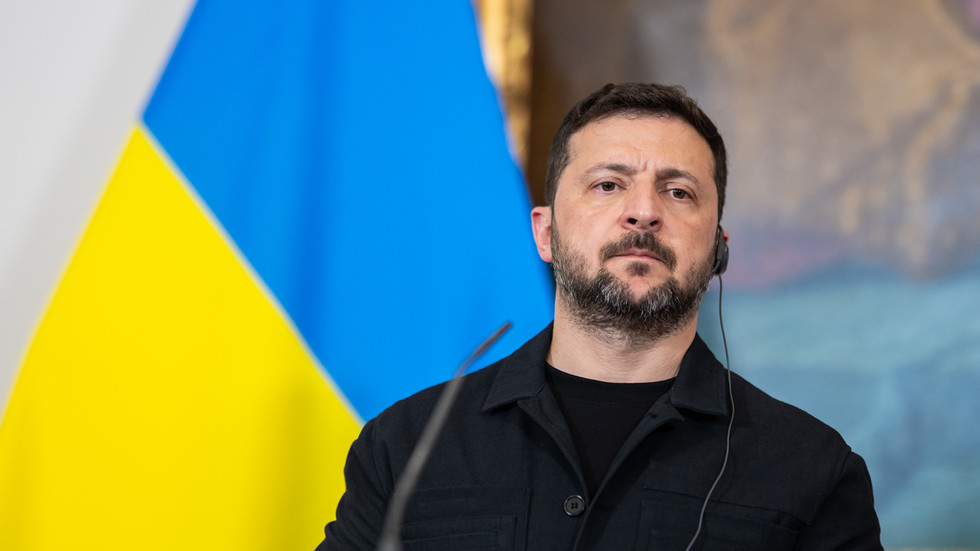It seemed cut and dry Saturday evening, as three sites central to Iran’s nuclear program were pummeled by U.S. weaponry, that war in the Middle East had ensnared America once again and the prospect of another prolonged, costly struggle was likely.
But as the president and his top deputies laid out their own vision for the future, they described a one-and-done effort to set Iran’s weapon development efforts back “years” while claiming that the administration remained committed to avoiding a Bush-style invasion aimed at toppling the Iranian government.
Saturday’s strike, they argued, could be the end of Iran’s punishment from the United States — but only if Tehran toes the line.
Vice President J.D. Vance outlined the White House’s political goal in an interview Sunday with Meet the Press on NBC: “We’re not at war with Iran. We’re at war with Iran’s nuclear program.”
And Defense Secretary Pete Hegseth declared of the U.S. president earlier Sunday at a press conference: “He seeks peace, and Iran should take that path.”
But Iranian officials have already dismissed the idea of letting Saturday’s action go unanswered.
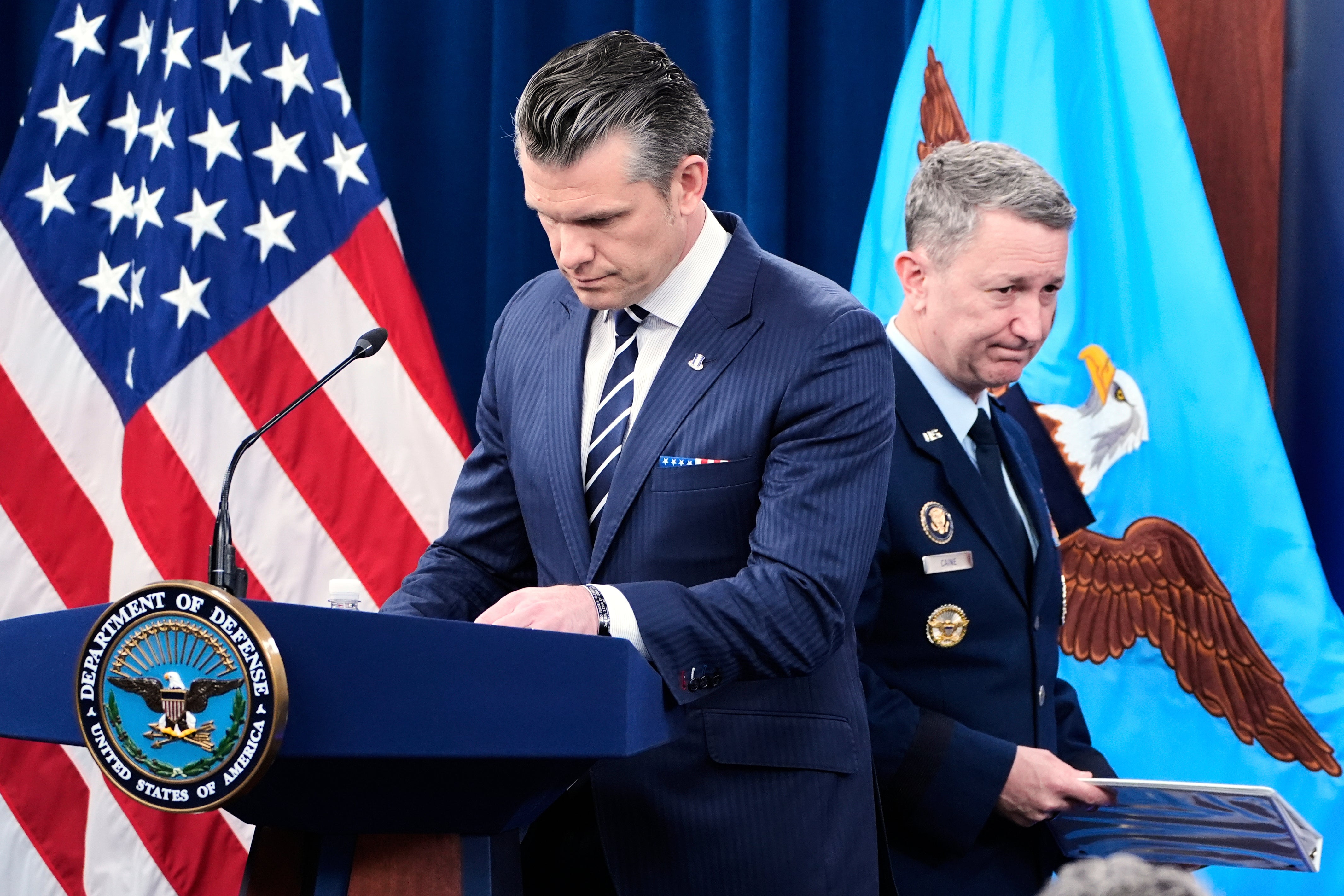
Vowing retaliation, Iran’s foreign minister also warned that peace talks were off the table after Saturday evening’s direct involvement by the U.S. in an effort formerly solely involving the Israeli government aimed at dismantling Iran’s nuclear weapons program.
“The events [of] this morning are outrageous and will have everlasting consequences,” tweeted Abbas Aragchi, the Iranian foreign minister.
He added on Sunday: “Let's wait for our response, first. And when the aggression is ended, we decide how to engage in diplomacy once again."
In the past, Iranian officials have largely backed down from escalation with the United States after a few military responses against bases that house U.S. forces in Iraq which caused minimal damage. The Trump administration appears to be hoping for a response in that vein once again as it postures threateningly against Tehran while claiming to have achieved its primary objectives against nuclear weapons advances.
On Saturday evening, the president delivered an address in the immediate wake of the strikes. He, like Hegseth on Sunday, raved about how awe-inspiring and successful the U.S. military operation had been at achieving its objectives, claiming: "Iran's nuclear enrichment facilities have been completely and totally obliterated.”
General Dan “Razin’” Caine, chairman of the joint chiefs of staff, offered a more grounded assessment alongside Hegseth on Sunday, telling reporters (while standing next to the effusive Hegseth) that it was “way too early” to determine whether Iran still had nuclear capabilities.
The reality for the administration is now obvious to all but those most caught up in the glory of American war fervor.
If the U.S. was successful at seriously setting back the program, the risk of continued retaliation across the Middle East remains a possibility, though supporters of the president’s decision argue that Iran’s options to cause serious damage were few and far between.
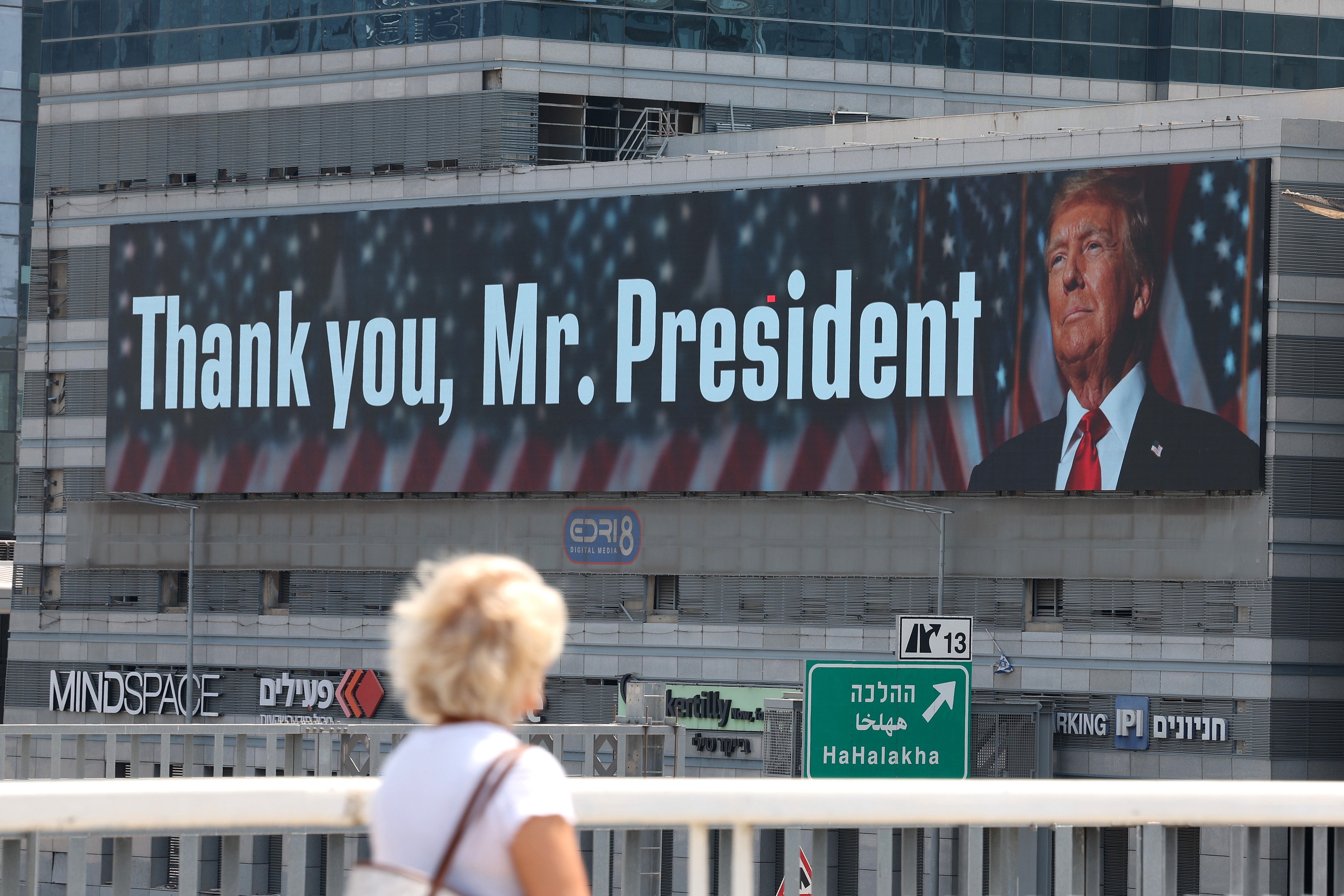
The strike was cheered by the U.K. government as well as the Atlantic Council, where experts likened the attack to the first Trump administration’s killing of a top Revolutionary Guard official and predicted that Iran’s response would be similarly muted.
But others strongly disagree, and civil war threatens to engulf the American right as more and more neoconservatives clash with those in the party tired of the GOP-begun “endless war” dynamic of the 2000s and 2010s.
While the White House insists that this is not about regime change and de-escalation remains on the table, the hawkish wing of the president’s party continues to publicly call for further devastating strikes on other Iranian targets, including the assassination of Supreme Leader Ayatollah Khamenei.
The latter option would be the most certain to trigger unrestrained war between Washington and Tehran, which after Saturday seemed alarmingly possible for even many of Trump’s own supporters.
The other question that remains unanswered: Is Iran’s nuclear program truly destroyed?
“If it has been, then no further strikes will be required against sites related to that program, as the president seems to prefer,” wrote the Atlantic Council’s Jonathan Panikoff, director of the Scowcroft Middle East Security Initiative. ”But if it turns out the strikes were not completely effective, that Iran moved portions of its nuclear weapons program, or that it has secret nuclear sites, then it is unlikely this will be the end of these strikes as Trump has sought.”
The president continues to have multiple forces pulling him in the direction of further military engagement, including members of his own political coalition at home and the Israeli government, one of his administration’s closest allies abroad. After Saturday, that list could also include an armed response from Iran itself.
With legislation representing a large part of his agenda slowly working its way through slim Republican majorities in Congress, Donald Trump has many reasons to avoid engaging America in a prolonged war. Not least of those reasons is the outcry of opposition from within his own party, still muted on Capitol Hill but deafening in the various corners of the “extremely online” right, which makes up a key chunk of his most engaged supporters.
That faction has been in full meltdown mode for more than a week now as Israel’s conflict with Iran was renewed by Tel Aviv and the president made clear that he was giving serious thought to joining it, spurred by the claim that Iran’s nuclear weapons development had resumed.
Steve Bannon, chief strategist in Trump’s first White House and leader of his own large following via his War Room podcast, had lunch with the president on Thursday — two and a half days before the attack commenced. Bannon, like others, continues to warn that the GOP president puts at risk his domestic policy agenda, with mass deportations at the center, by engaging the U.S. in a war.
In reality, the administration has declined to release any evidence to that notion of Iran resuming nuclear weapons development, or even confirm whether the supposed evidence in question comes from U.S. intelligence sources or Israel’s government — or another third party.
Defense Secretary Pete Hegseth declined to do so again on Sunday.

 4 hours ago
3
4 hours ago
3
